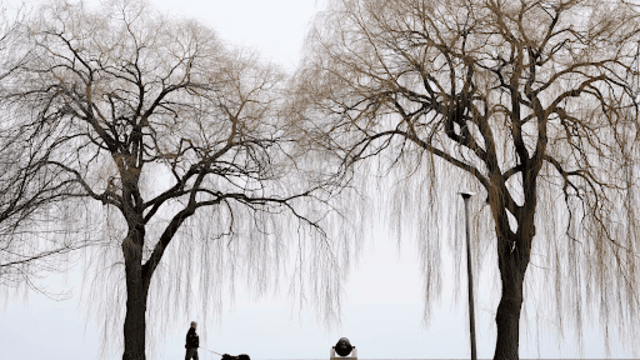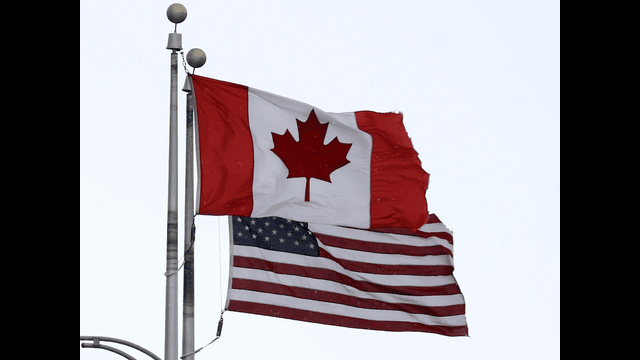
An Atlantic salmon is seen during a Department of Fisheries and Oceans fish health audit near Campbell River, B.C., on October 31, 2018. THE CANADIAN PRESS
A recent study indicates that an Atlantic salmon population in southern Newfoundland is rapidly declining, with nearby aquaculture operations likely being the primary cause. Published in the journal Reviews in Fisheries Science and Aquaculture, the report identifies aquaculture near the Conne River as the most significant factor threatening the local wild salmon population, although climate change and predation also contribute to the decline.
The study, authored by eight researchers from the federal Fisheries Department, emphasizes the need for further research as Newfoundland and Labrador plan to expand their aquaculture industry. Key areas of concern include the impact of climate change, sea lice, and disease on endangered wild salmon.
The Conne River, which flows into the Bay d'Espoir on Newfoundland's south coast, has seen salmon farming since the 1980s. The industry has been praised for boosting the local economy after the commercial cod fishery collapsed in 1992. However, the wild salmon population in the Conne River has plummeted by 92% from 1986 to 2022.
Salmon from the Conne River once served as a crucial food source for the Miawpukek First Nation. Due to conservation concerns, the First Nation halted its food, social, and ceremonial fisheries in 1998.
The study synthesizes past reports, data, and input from local scientists to pinpoint the causes of the salmon's decline. Using statistical modeling, it identifies aquaculture as the leading factor. The report highlights the issue of wild salmon interbreeding with escaped farm salmon, producing offspring that are genetically weaker and more susceptible to disease.
Although data on sea lice in the local wild salmon population is limited, the study notes that sea lice from aquaculture operations have caused declines in wild salmon populations in Norway, Ireland, and Scotland.
Neville Crabbe of the Atlantic Salmon Federation stated that the study provides definitive evidence linking aquaculture to the decline in wild salmon. He emphasized that the study demonstrates direct causation, showing that industrial salmon farming installations are significantly harming wild salmon populations.
Jamie Baker, executive director of the Newfoundland Aquaculture Industry Association, countered that the report is based on outdated data and lacks new research. He argued that salmon populations have been declining across the Atlantic for decades, long before the advent of salmon farming, and attributed the primary cause to climate change and warming oceans.
The study urges fisheries managers, the local First Nation, and the aquaculture industry to pursue evidence-based research to protect wild salmon and implement protective measures accordingly.















